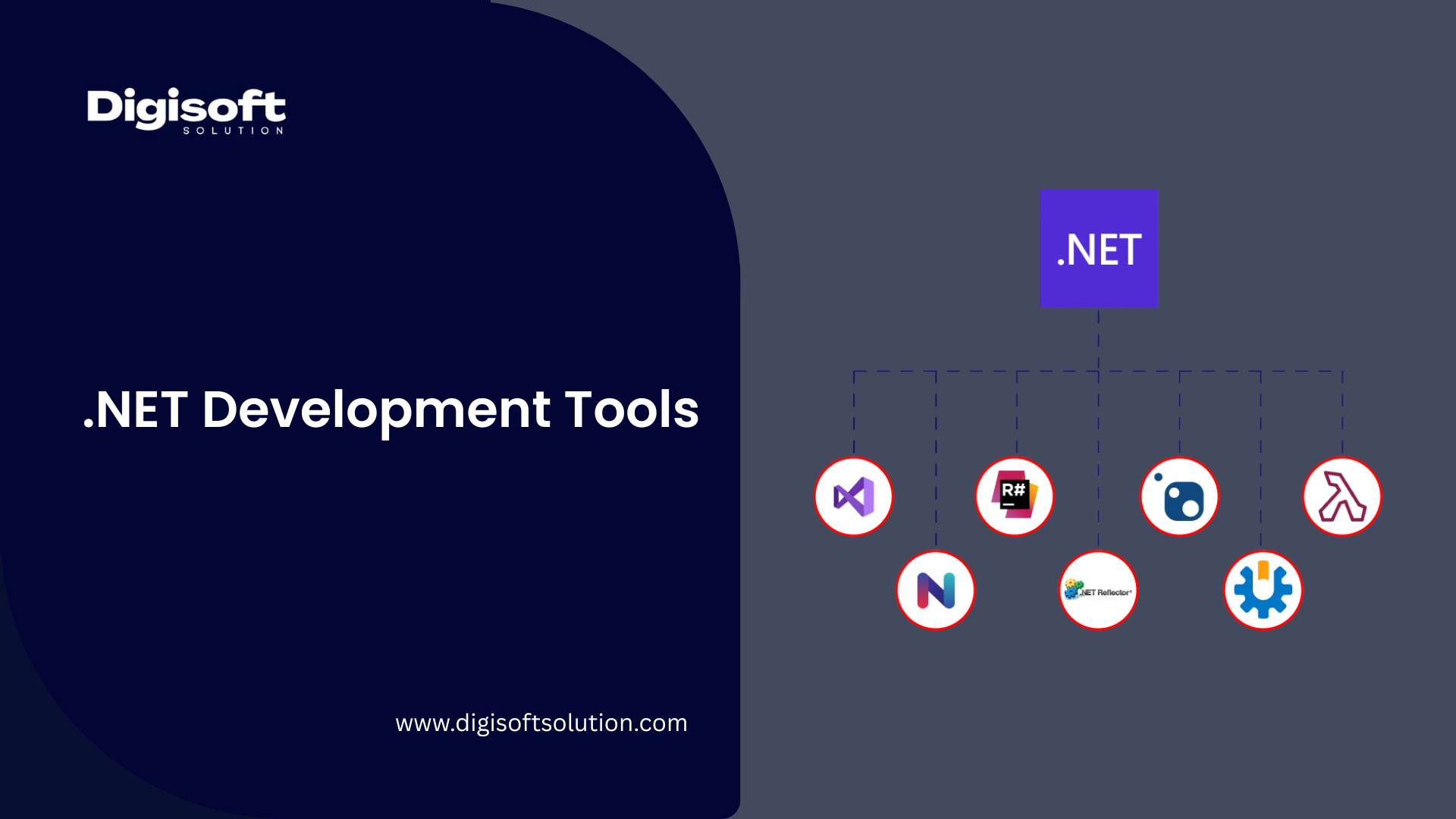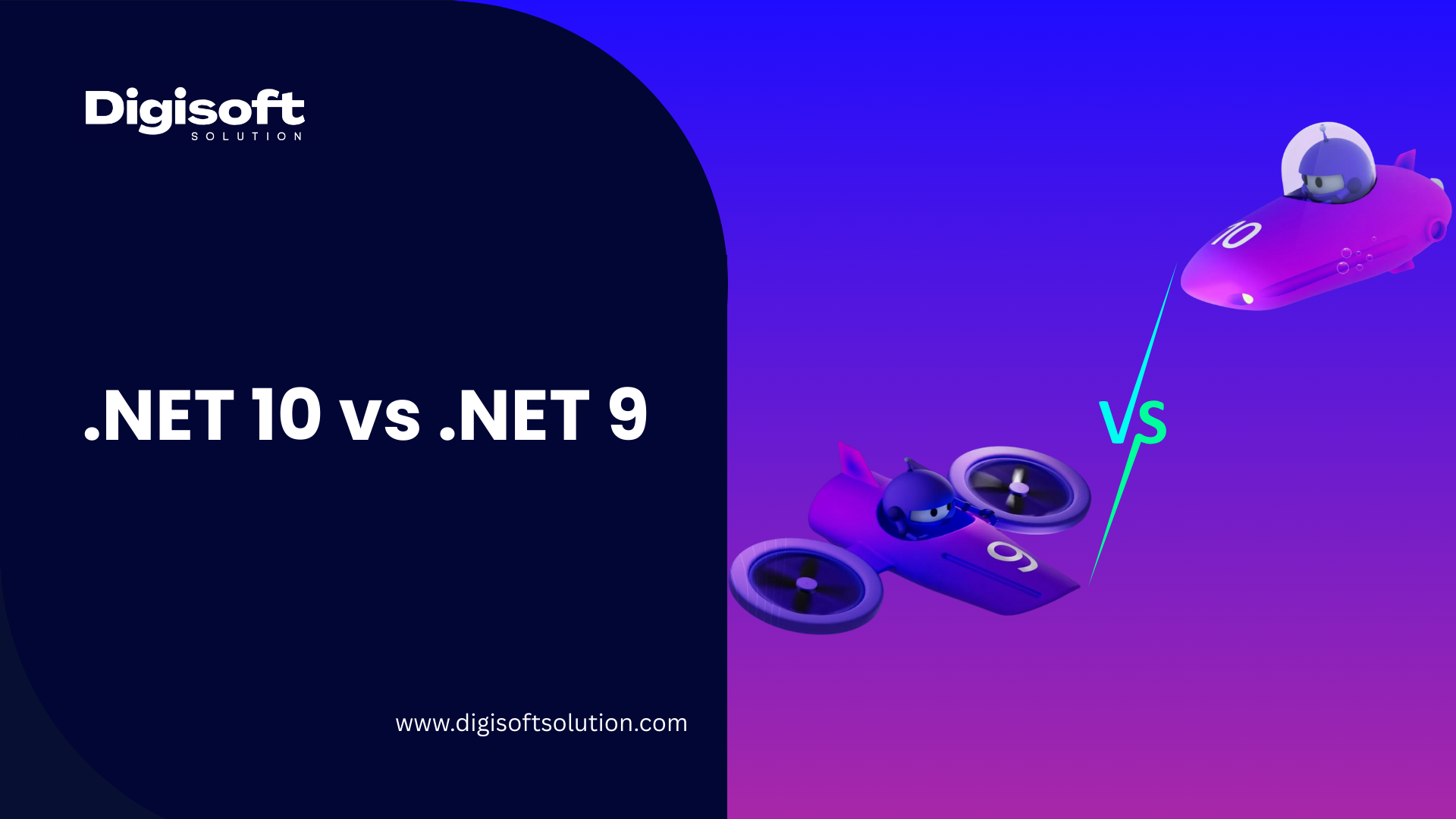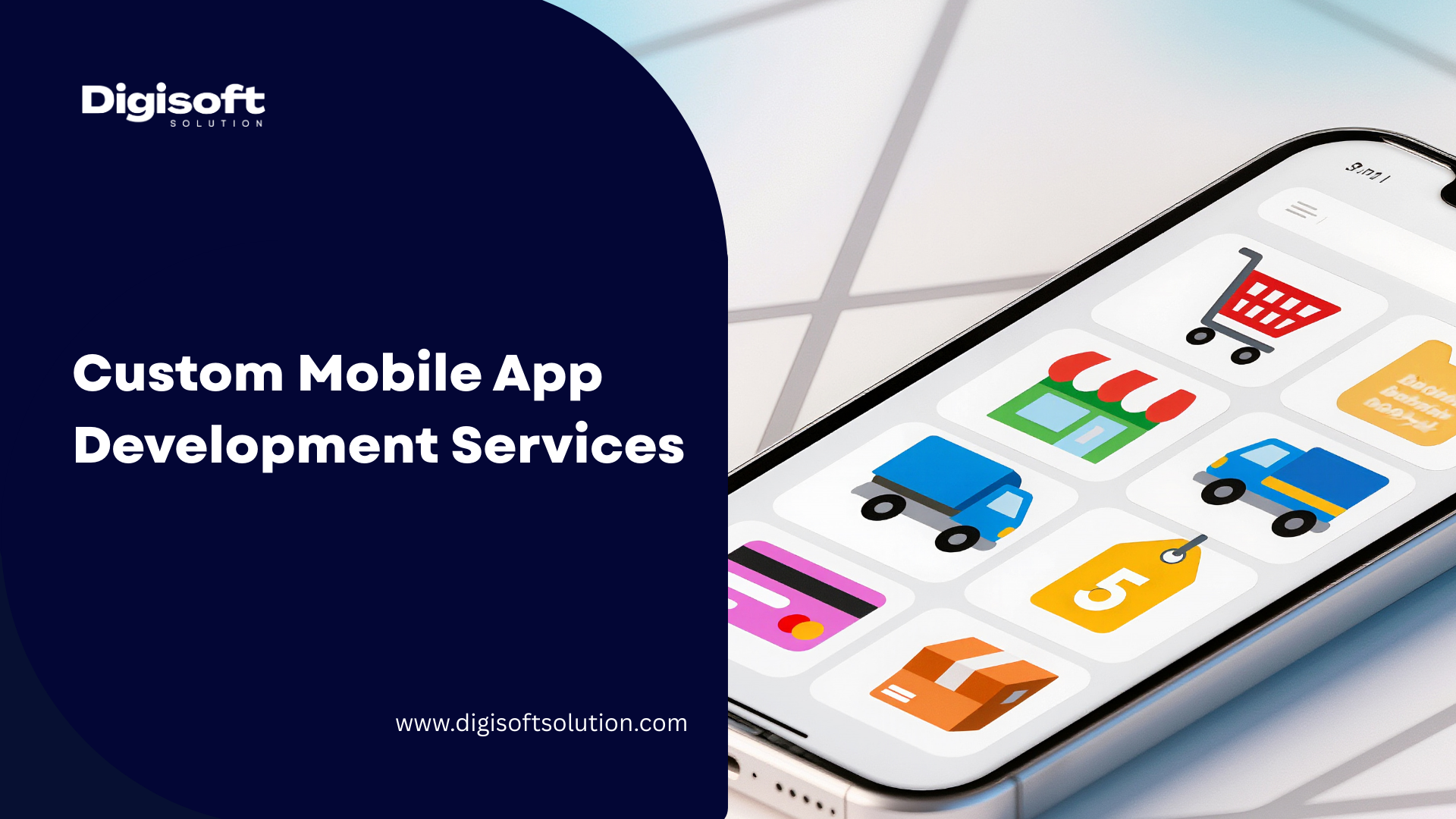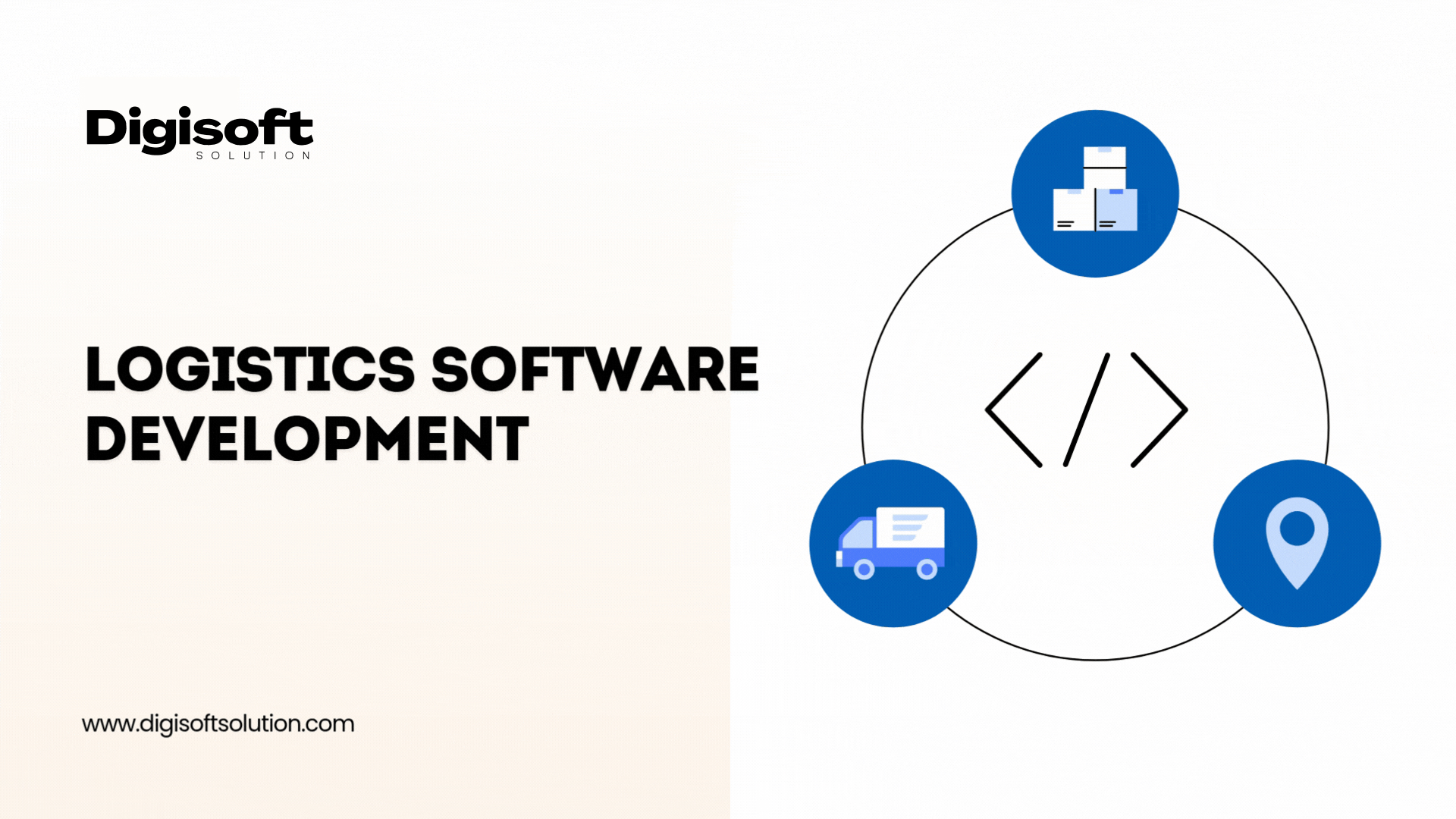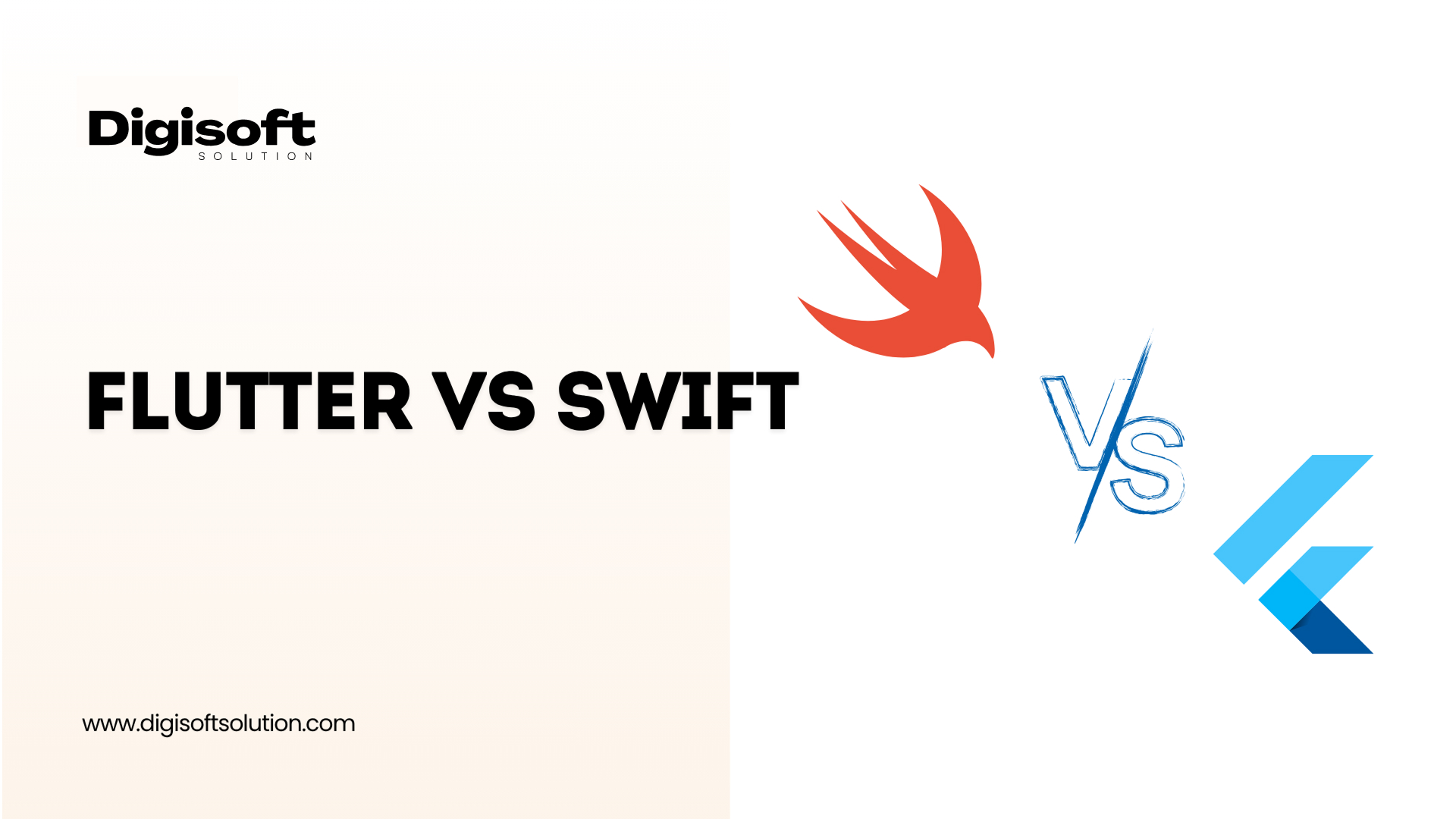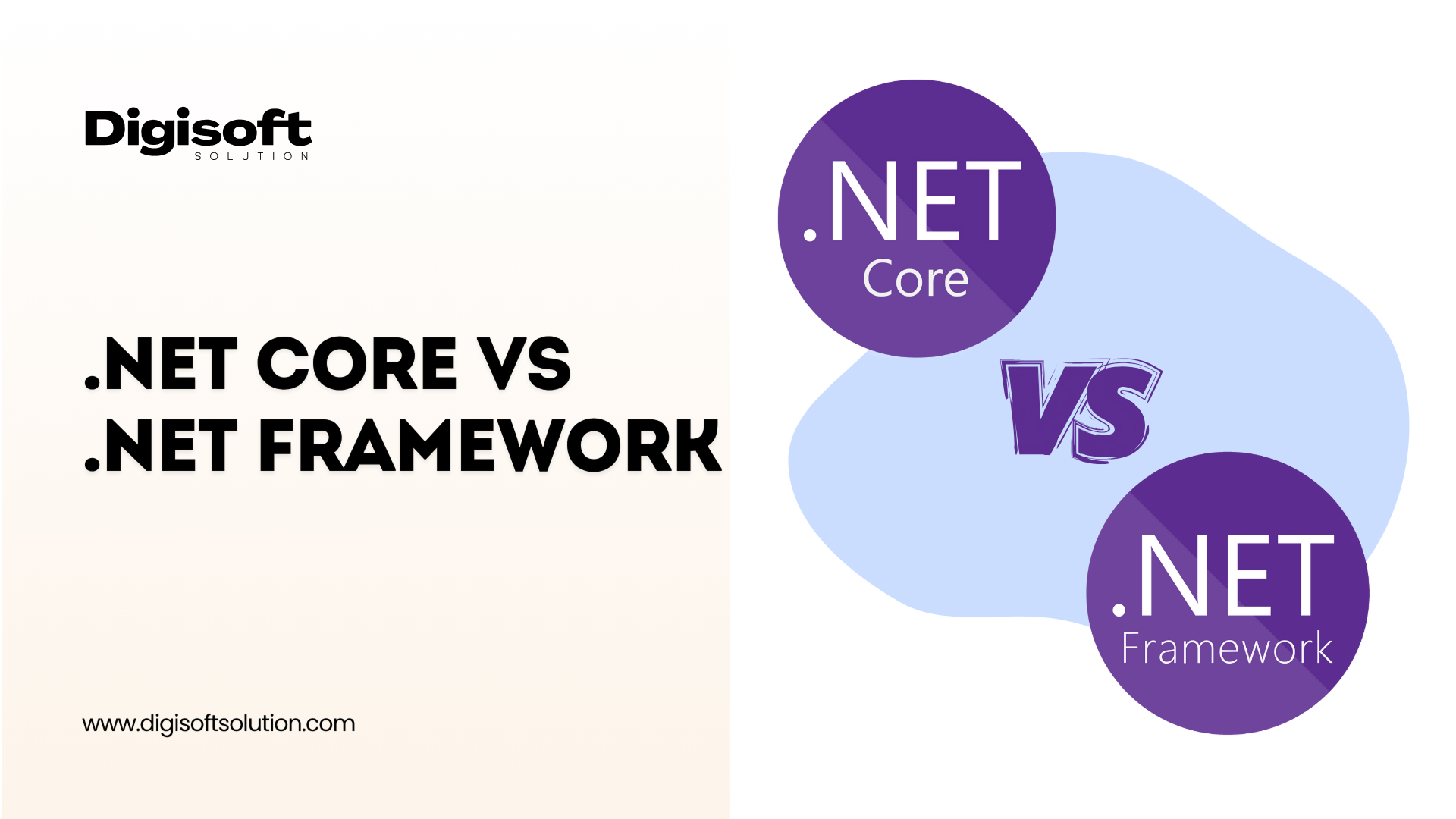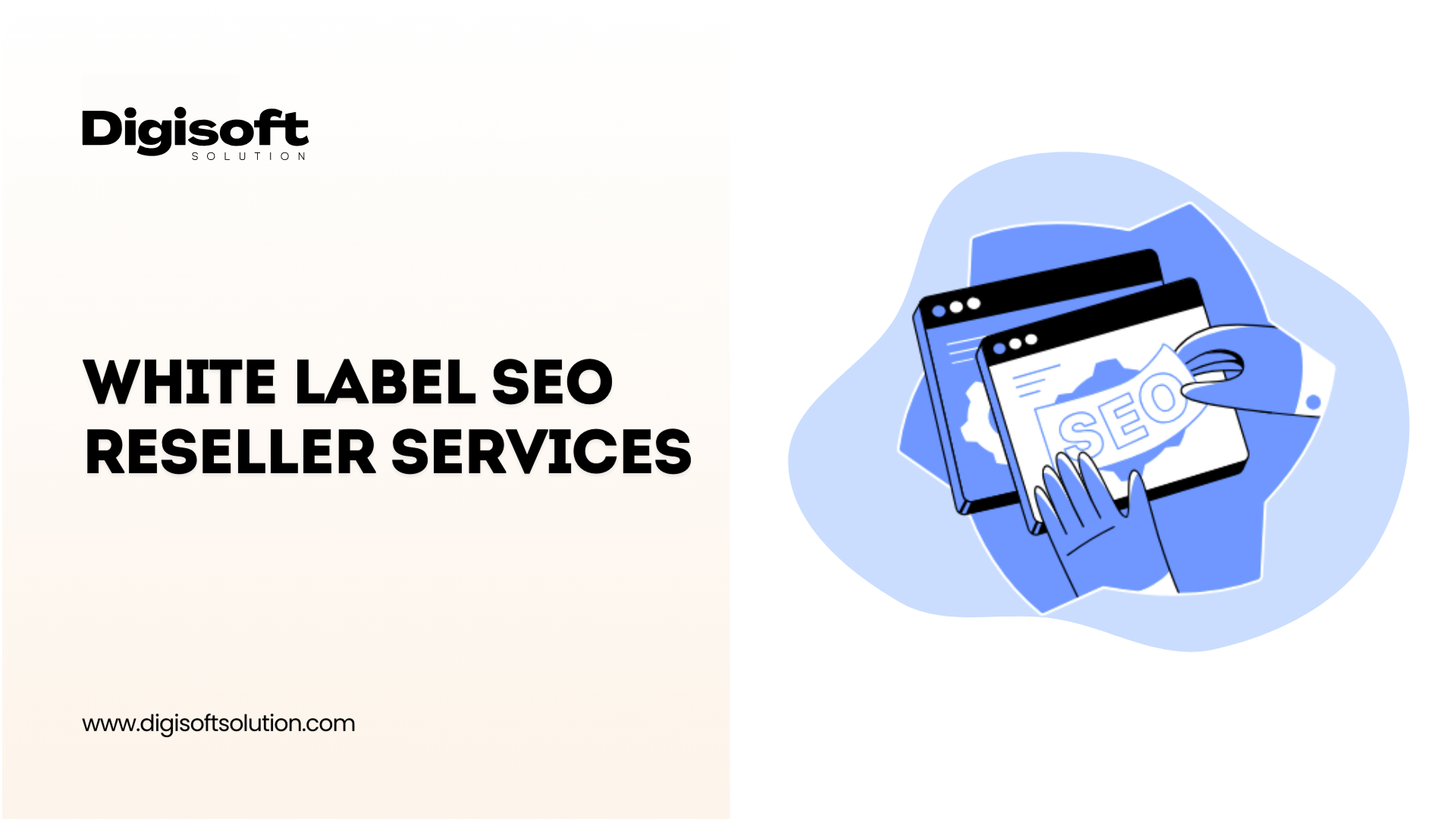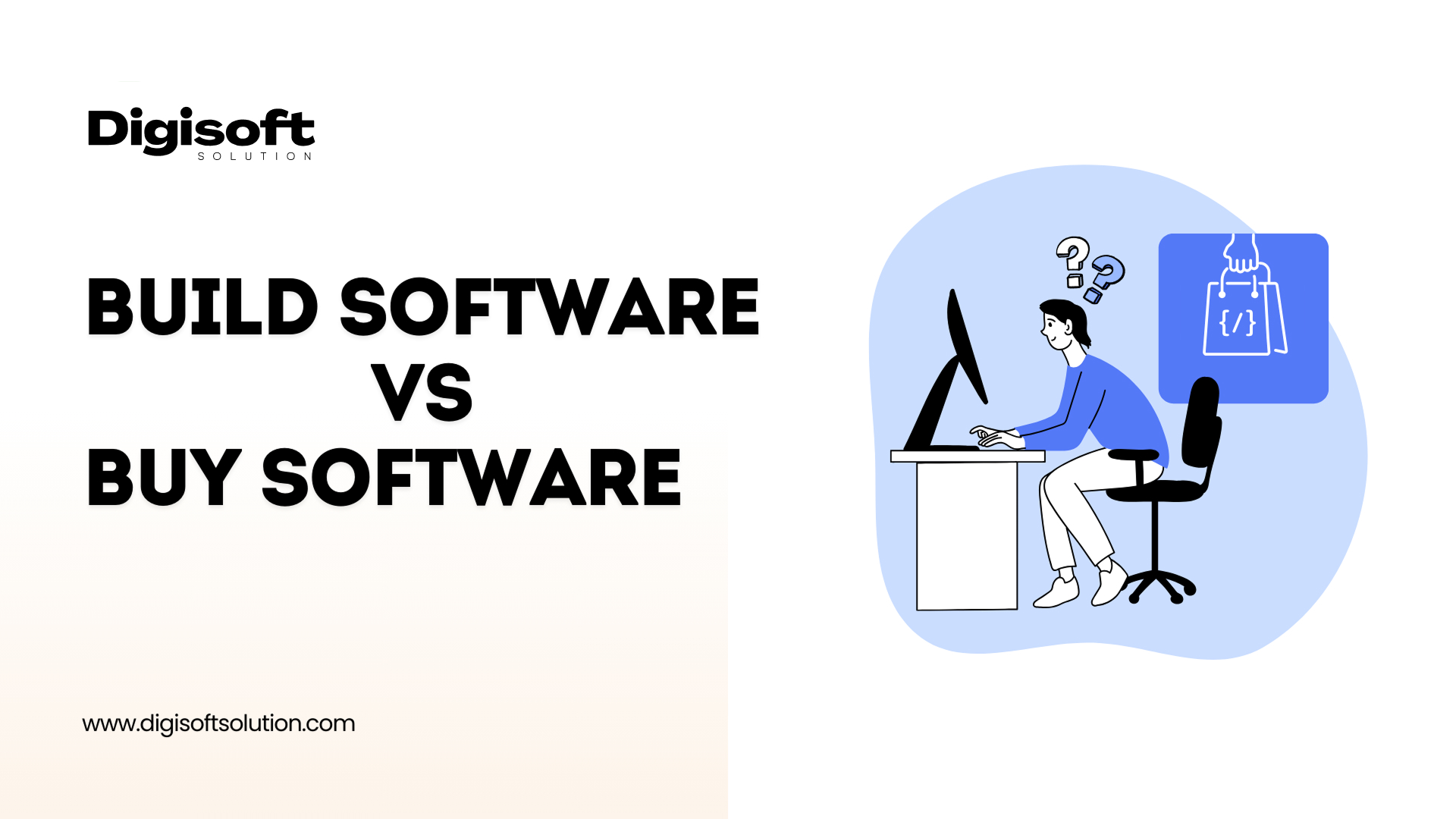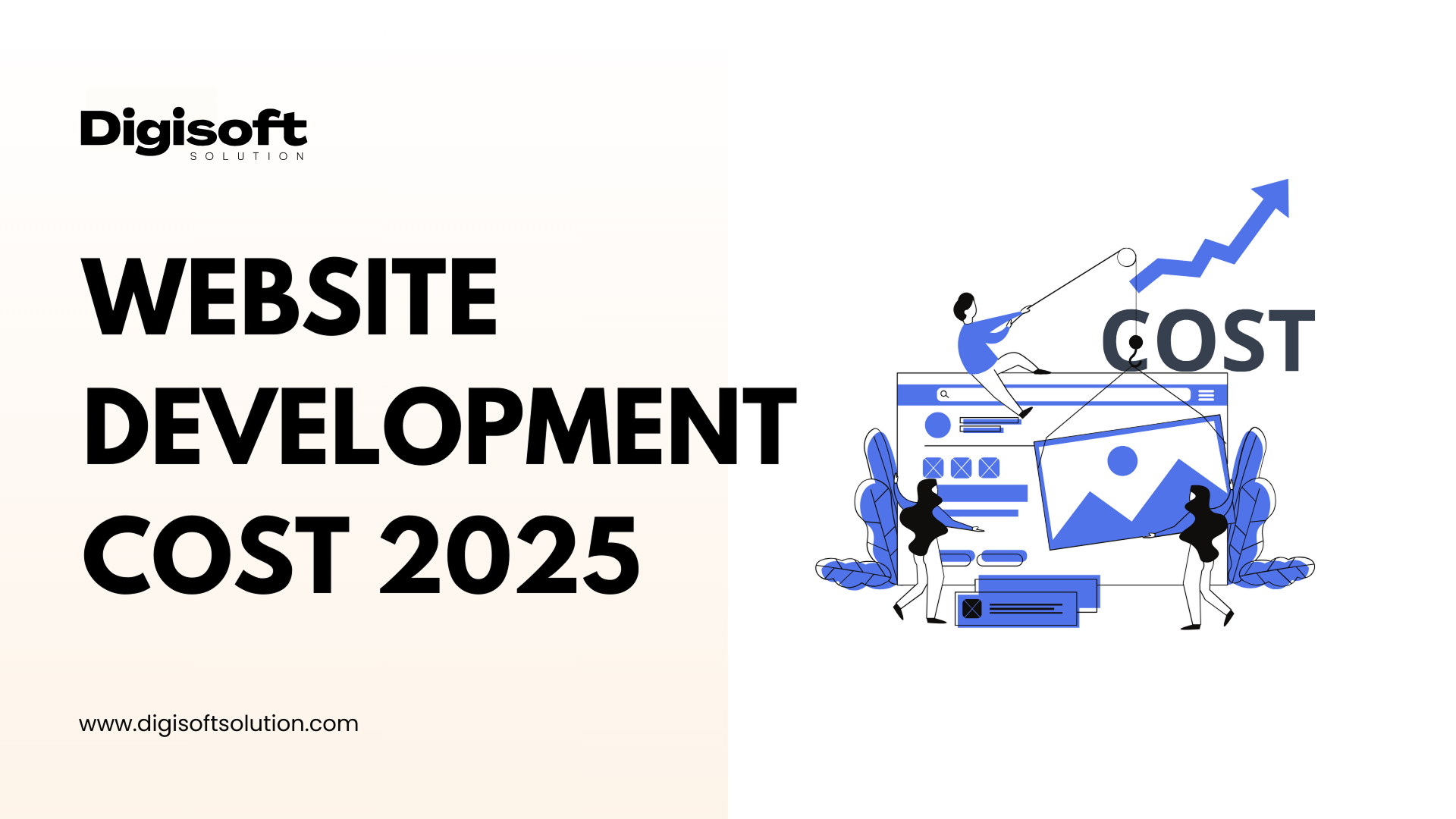Table of Content
- Understanding Mobile Apps
- Types of Mobile Applications
- 1. Native Applications
- 2. Hybrid Applications
- 3. Web Application
- Advantages of Mobile App
- Problems of Mobile Apps
- Understanding Web Applications
- Types of Web Applications
- 1. Static Web Applications
- 2. Dynamic Web Applications
- 3. Progressive Web Applications
- Advantages of Web Apps
- Web Applications Challenges
- How are Mobile Apps Built?
- Even if they are more expensive, mobile apps provide:
- Development Process
- How are Web Apps Built?
- Process of Development
- Key Differences Between Mobile Apps vs Web Apps
- When to Choose Mobile Apps
- Mobile apps are the way to go for your business.
- When to Choose Web Applications
- Emerging Trends for Web and Mobile Applications
- 1. PWAs, or progressive web applications
- 2. Integration of AI and Machine Learning
- 3. Cloud-Based Development
- 4. Tools for Cross-Platform Development
- Making the Right Choice
- Conclusion
Digital Transform with Us
Please feel free to share your thoughts and we can discuss it over a cup of coffee.
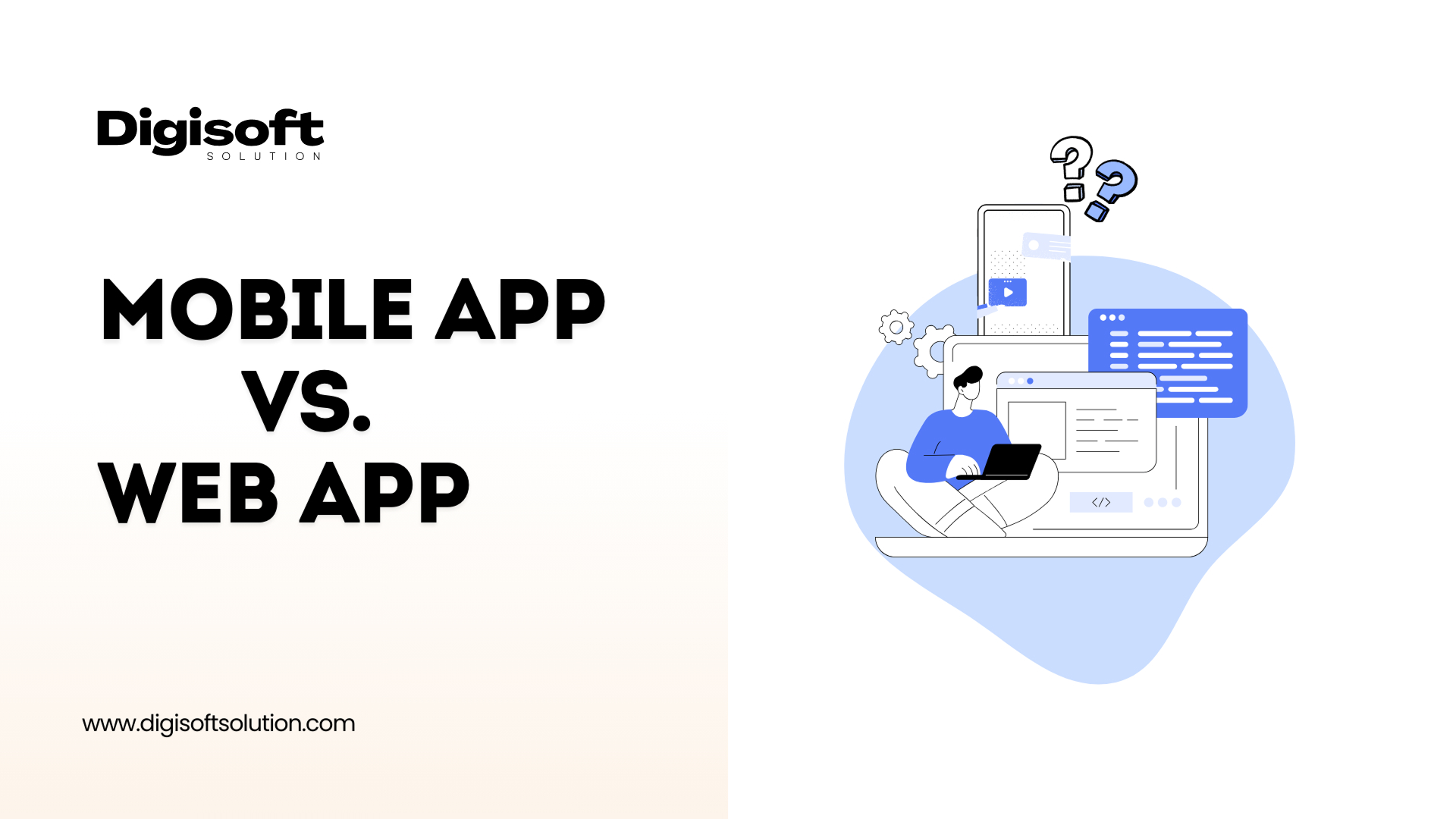
By supporting businesses in improving their client relations, technology is transforming the business sector. It also boosts productivity and profitability, making operations more efficient. One of the major decisions to be taken by today’s organizations is the choice between developing a Mobile App vs. Web App in order to go digitally. This affects the whole business strategy of your enterprise, as well as your customer engagement and long-term growth.
Understanding the key differences, advantages, and issues with mobile applications and web applications will help you clarify whether the developmental decision should be made for your specific needs. Please further look into this very basic comparison.
Understanding Mobile Apps
These apps are software that has been specifically developed and designed for smartphones and tablets. Generally speaking, mobile applications are made to run on operating systems like iOS and Android and offer consumers a fun experience personalized for mobile devices.
Types of Mobile Applications
1. Native Applications
- Created that will work on one specific platform only- iOS or Android.
- Offer stronger performance and function more efficiently.
2. Hybrid Applications
- Blend native aspects with the features of web applications.
- Relatively easy to develop and maintain compared to native applications, but subpar in performance.
3. Web Application
- All apps you can access from a web browser on your mobile-just a disadvantage that they cannot give you the same functionalities as native or hybrid apps.
Advantages of Mobile App
- Enhanced User Experience: Mobile apps have features that are specific to mobile devices like cameras, push notifications, and UI UX design to offer personalized experiences to consumers.
- Offline Functionality: Many of the apps allow operation even when there is no connection to the outgoing server.
- High Performance: Native apps guarantee faster loading times and more seamless interactions because they have been created for their specific platforms.
When considering Mobile Apps vs. Web Apps, these characteristics demonstrate the unique benefits of mobile apps in raising user engagement and performance.
Problems of Mobile Apps
- Higher Cost of Development: Build two separate apps for iOS and Android, and this will be very costly.
- Difficulty in Maintenance: Making regular updates and doing platform-specific maintenance services makes this very important.
Finding a good mobile app development partner will alleviate these problems and ensure that your app meets industry standards.
Understanding Web Applications
The software development programs are web applications that are accessed with the use of a web browser. These types of applications are intended to be used online - a more efficient way to enhance the user experience. They have the benefit of being available as web software which means you can access them from any device with an internet connection, and there are no installations or downloads. Web Apps are also updated easily without the user's involvement.
Types of Web Applications
1. Static Web Applications
- These are basic websites that show fixed content and don’t change based on user interaction.
- They are simple to create and load quickly, but don’t offer much interactivity.
2. Dynamic Web Applications
- These apps are interactive, and their content can update in real time.
- They are more complex and require server-side processing but offer a more engaging experience.
3. Progressive Web Applications
- These combine the best features of web and mobile apps.
- They load faster, work offline, and can be accessed directly from a browser. However, they may not have all the features of a native app.
Advantages of Web Apps
- Platform neutrality: This means that such apps can run on any device that has a web browser even though they depend on one type of platform. This means that there is no need to design applications for specific platforms-they run on most devices.
- Cost-effectiveness: For a cost-oriented point of view, these applications are very economical and bring the service to all devices irrespective of the number of platforms, hence, one.
- Seamless updates: As the server-side code updates, users do not need to perform any action as an update happens, meaning it is automatically done for them. Minimize downtime enhances the user experience and automates all users to have the latest version without doing it manually.
Web Applications Challenges
- Minimal Offline Functionality: Majority of the web applications demand the Internet.
- Variable Performance: It depends on the browser features and internet speed.
Working with a web application development business ensures that your application is expandable, safe, and high-performing.
How are Mobile Apps Built?
Mobile apps are usually more expensive to build because of their platform-specific nature. It takes more time and money to launch an app on numerous platforms since additional development efforts are needed.
Even if they are more expensive, mobile apps provide:
- Quicker results.
- Advanced features suited to the characteristics of the gadget.
Development Process
- Platform-specific programming languages and tools are used to construct native apps.
- Apps for Apple devices are made to work in concert with iOS.
- Apps for Android smartphones are designed to function well on the Android operating system.
- The development process can be simplified by platform providers' Integrated Development Environments (IDEs).
These techniques guarantee that apps are user-friendly and performance-optimized.
How are Web Apps Built?
- When it comes to development, web apps are typically faster and less expensive than mobile apps.
- Any device with a web browser can access them, regardless of platform.
- Development efforts are reduced because separate versions for various platforms are required.
Process of Development
A variety of technologies are used in the development of web applications
- Frontend: Used to organize, style, and include interactive elements into the user interface.
- Backend: For handling data and logic on the server side.
Web apps are not dependent on standard software development kits (SDKs), in contrast to mobile apps. Top frontend and backend languages, along with frameworks and templates, help developers streamline their work. For businesses seeking broad accessibility, cost-effectiveness, and faster development, web apps are a great choice.
Key Differences Between Mobile Apps vs Web Apps
|
Feature |
Mobile Apps |
Web Applications |
|
Platform Dependency |
Platform-specific(iOS, Android) |
Platform-independent |
|
Installation |
Requires download and installation |
Accessed via a web browser |
|
Performance |
Optimized for device performance |
Relies on browser and internet speed |
|
Offline Access |
Available for most apps |
Limited to certain features |
|
Development Cost |
Higher (platform-specific development) |
Lower (single app for all platforms) |
|
Updates |
User-dependent |
Server-side updates |
When to Choose Mobile Apps
Mobile apps are the way to go for your business.
- Demands regular user interaction via notifications.
- Requires sophisticated features of the device such as GPS, camera, or sensors.
- Targets an audience used to every aspect of app-based tech.
Mobile apps are valuable in industries like e-commerce, healthcare, and entertainment. Partnering with skilled mobile app developers help your app stand out in competitive markets.
When to Choose Web Applications
The most commercial examples of web applications in the Mobile App vs. Web App debate are:
- Businesses who look for cost-efficient systems with wider accord.
- A plan to decrease the strain on platform-specific development automatically.
- Has a limited user intervention for updating the app regularly.
Custom web application development is frequently given priority in industries like education, SaaS, and information services due to its flexibility and capacity for growth. A professional web application development company can customize solutions to fit your particular business objectives.
Emerging Trends for Web and Mobile Applications
1. PWAs, or progressive web applications
- Combine the finest elements of mobile apps and websites.
- Provide experiences similar to apps while spending less on development.
2. Integration of AI and Machine Learning
- Improve predictive analytics and customization.
- AI is being used in online and mobile applications to improve user experiences.
3. Cloud-Based Development
- Makes cost-effective and adaptable options possible.
- Preferred by web application development services as well as mobile app development firms.
4. Tools for Cross-Platform Development
- React Native and Flutter are two examples of tools that cut down on development time and expense.
- Advantageous for companies seeking to reach both web and app platforms.
Making the Right Choice
Whether to choose between mobile app or web application development depends on the needs of your business, your target audience, and your budget. Here are a few guiding questions:
- What are your key business objectives?
- Who is your target audience, and how do they prefer to interact with technology?
- What is your budget for development and maintenance?
A hybrid approach, which uses both mobile apps and web applications, will similarly be effective for businesses requiring extensive reach and functionality.
Conclusion
Mobile App vs. Web App development is a critical decision that can shape your digital future for the better. While mobile apps offer unparalleled user experiences and advanced functionalities, web applications provide accessibility and cost efficiency. Each has its strengths and challenges making it essential to align your choice with your business goals.
At Digisoft Solutions we specialize in crafting customized solutions to your needs. We help you with developing a highly functional mobile app or a scalable web application. Let’s create something exceptional together.
Digital Transform with Us
Please feel free to share your thoughts and we can discuss it over a cup of coffee.
 Kapil Sharma
Kapil Sharma

 Parampreet Singh
Parampreet Singh




